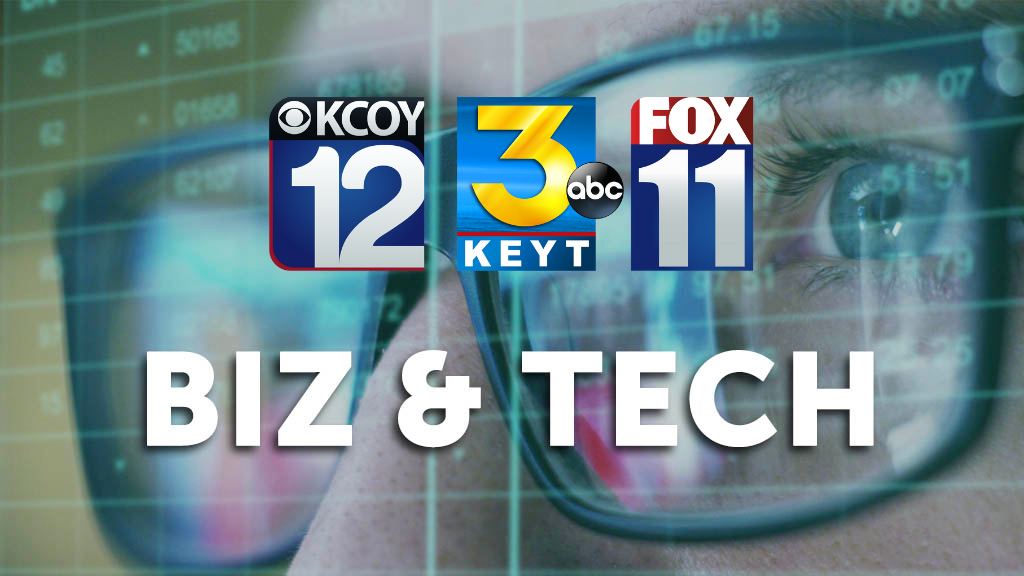
Imagine the foreign subsidiary of a Swiss multinational corporation has been accused of human rights or environmental abuses abroad. Should the parent company be exposed to legal action in Switzerland?
That’s the very important question that Swiss voters are deciding Sunday in a divisive referendum that could have far-reaching consequences for firms like Nestlé and mining giant Glencore.
Supporters of the Responsible Business Initiative have hung banners and signs from balconies and fences across the country. Swiss banks and other powerful businesses, meanwhile, have taken out expensive newspaper ads warning of dire consequences for the economy. The Swiss government also opposes the measure and is backing a watered-down alternative.
Even so, polls indicate that the “vote yes” camp could emerge victorious. A poll by Swiss broadcaster SRF in early November found 46% plan to vote in favor, while another 11% are leaning in that direction.
“I think it’s going to be very close,” Guillaume Zumofen, a political science researcher at the University of Bern, told me.
Breaking it down: The initiative would mandate that Swiss firms assess the human rights and environmental practices not just of their own operations, but also of subsidiaries, suppliers and business partners, ensuring they’re in line with international standards. Companies could then be held liable in Swiss courts for violations committed by subsidiaries and suppliers they control unless management proves proper due diligence was carried out.
“We need these clear rules and we need [a] clear accountability mechanism for damage,” said Danièle Gosteli Hauser, Amnesty International’s head of economic relations and human rights in Switzerland.
Businesses, for their part, say the initiative could open the door to a flood of court cases. They fear the proposed rules could be applied very broadly, leaving them exposed to legal action even if the wrongdoing was committed by small suppliers.
“The increased liability risks, claims and lawsuits would primarily serve law firms, not the real purpose of the protecting the environment or human rights,” Credit Suisse CEO Thomas Gottstein and other top executives at the bank warned in a newspaper ad.
Big picture: No matter how the vote goes, the direction of travel is clear, according to Rachel Barrett, environmental and climate change partner at global law firm Linklaters.
France has also enacted a broad law that holds companies responsible for abuses throughout their supply chains. The European Commission is expected to propose new rules for due diligence on human rights and the environment throughout supply chains in 2021.
The legal changes are part of broader shift in how societies are thinking about the role and responsibilities of corporations. And the United States is no exception.
US President-Elect Joe Biden has said he’ll require public companies to make greater disclosures on climate risks in their supply chain. Earlier this year, the US House of Representatives passed a bill that would force publicly-traded firms to audit their supply chains for forced labor in China’s predominantly Muslim Xinjiang province.
“The calls for this are growing louder and louder, and there’s a lot of momentum behind it,” Barrett said.
What does a spike in Covid cases mean for the US recovery?
The coronavirus situation in the United States is deteriorating, and experts fear that travel over the Thanksgiving holiday may have only made matters worse.
“In a week, more likely two weeks, we will see a surge upon a surge,” Dr. William Schaffner, professor of infectious diseases at Vanderbilt University, said last week. “We’re in for a tough time.”
The Back-to-Normal Index from CNN Business and Moody’s Analytics shows that the economic recovery has effectively stalled, but hasn’t dramatically reversed. That may be because local officials in many states have been hesitant to reintroduce measures that would force the shutdown of businesses, even as the health crisis accelerates.
Data coming this week could give investors pause, however. The US jobs report out Friday is expected to show that 500,000 jobs were added in November, according to a survey of economists by Refinitiv. That would be the weakest increase since the labor market started its recovery.
Bank of America economists expect to learn that the economy added just 150,000 positions, pointing to recent unemployment data. First-time claims for jobless benefits have risen for the past two weeks.
This comes as US policymakers continue to argue about additional stimulus measures.
Federal Reserve Chair Jerome Powell and outgoing Treasury Secretary Steven Mnuchin are due to testify on the last round of spending before lawmakers this week. Expect questions about Mnuchin’s recent decision to pull the plug on emergency Federal Reserve lending programs, which drew a rare public rebuke from the central bank.
Up next
Monday: OPEC meeting; Chicago Purchasing Manager Index; Zoom earnings
Tuesday: Jerome Powell and Steven Mnuchin testify before the Senate Banking Committee; ISM Manufacturing Index; Salesforce earnings
Wednesday: ADP private employment report; CrowdStrike and Snowflake earnings
Thursday: ISM Non-Manufacturing Index; Dollar General and Kroger earnings
Friday: US jobs report
"company" - Google News
November 29, 2020 at 09:00PM
https://ift.tt/3o31usP
What are companies responsible for? Swiss voters are about to weigh in | NewsChannel 3-12 - KEYT
"company" - Google News
https://ift.tt/33ZInFA
https://ift.tt/3fk35XJ
Bagikan Berita Ini















0 Response to "What are companies responsible for? Swiss voters are about to weigh in | NewsChannel 3-12 - KEYT"
Post a Comment